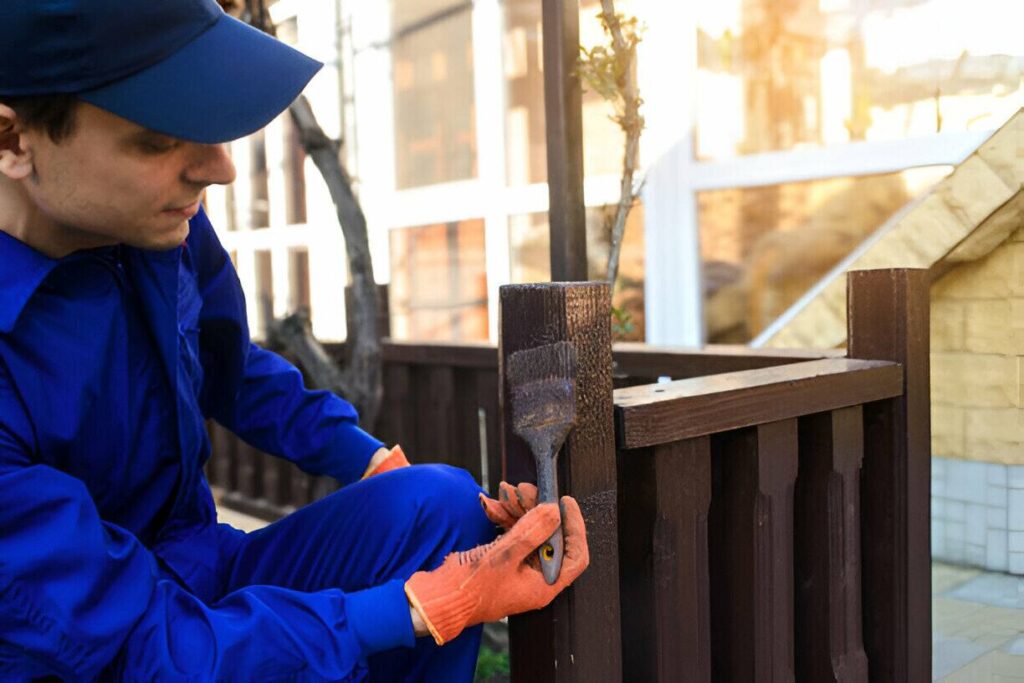As a homeowner, protecting your property from pests is a critical responsibility. Pests can cause significant damage to your home, leading to costly repairs and potential health hazards. Implementing effective exterior barrier solutions is key to defending your home from these unwelcome intruders. This blog post will delve into various strategies to create strong barriers against pests, ensuring your home remains safe and secure.
Understanding the Threat of Pests
Before diving into specific barrier solutions, it’s essential to understand the types of pests you might encounter and the damage they can cause. Common pests include rodents, termites, ants, spiders, and mosquitoes. Each of these pests can pose unique threats:
- Rodents: Can chew through electrical wiring, insulation, and even structural wood, leading to fire hazards and structural damage.
- Termites: Known for their ability to destroy wooden structures, compromising the integrity of your home.
- Ants: Certain species can contaminate food and damage property.
- Spiders: While most are harmless, some can be venomous and pose a threat to your family’s safety.
- Mosquitoes: Can transmit diseases such as West Nile Virus and Zika Virus.
Exterior Barrier Solutions
1. Sealing Entry Points
The first line of defense is to ensure there are no easy entry points for pests. Inspect your home’s exterior for cracks, crevices, and gaps around doors, windows, and utility openings. Use caulk or weatherstripping to seal these gaps. Additionally, ensure that vents are covered with mesh screens to prevent insects and rodents from entering through these openings.
2. Installing Perimeter Barriers
Creating a physical barrier around your home can deter pests from approaching your property. Here are a few effective strategies:
- Fencing: Installing a sturdy fence can keep larger pests like rodents and raccoons at bay.
- Gravel or Rock Borders: Creating a border of gravel or rocks around your home can deter ants and other pests that prefer soil.
- Mulch Replacement: Replace organic mulch with gravel or rubber mulch to reduce the attraction of pests to your garden beds.
3. Proper Landscaping
Your landscaping choices can significantly impact pest activity around your home. Here are some tips to minimize pests:
- Trim Vegetation: Keep trees and shrubs trimmed away from your home to prevent pests from using them as bridges to enter your house.
- Remove Debris: Regularly clean up fallen leaves, branches, and other debris that can provide shelter for pests.
- Choose Plants Wisely: Some plants can repel pests, such as lavender, marigolds, and rosemary. Consider incorporating these into your landscape design.
4. Outdoor Lighting
Pests, especially insects, are attracted to light. To reduce their attraction to your home:
- Use Yellow or Sodium Vapor Lights: These types of lights are less attractive to insects compared to traditional white lights.
- Position Lights Away from Entry Points: Place outdoor lights at a distance from doors and windows to minimize the number of insects that gather near these entry points.
5. Moisture Control
Many pests are drawn to moisture. By controlling moisture around your home, you can reduce the attraction of pests:
- Fix Leaks: Regularly check for and repair any leaks in your home’s exterior, including faucets, hoses, and gutters.
- Proper Drainage: Ensure your yard has proper drainage to prevent standing water, which can attract mosquitoes and other pests.
- Dehumidifiers: Use dehumidifiers in basements and crawl spaces to reduce moisture levels indoors.
6. Professional Pest Treatments
Professional pest control services offer targeted and effective solutions for pest infestations. Experts in ant control in Salt Lake City can identify ant species, create customized plans, and implement preventive measures to keep homes pest-free. Services include barrier sprays, bait stations, and regular inspections to ensure ongoing protection without the hassle of DIY methods.
Conclusion
Defending your home from pests requires a proactive approach and a combination of strategies. By sealing entry points, installing perimeter barriers, maintaining proper landscaping, managing outdoor lighting, controlling moisture, and seeking professional pest treatments, you can create a robust defense system to keep pests at bay. Remember, the key to effective pest management is consistency and vigilance. Implement these exterior barrier solutions today to protect your home and enjoy peace of mind.



